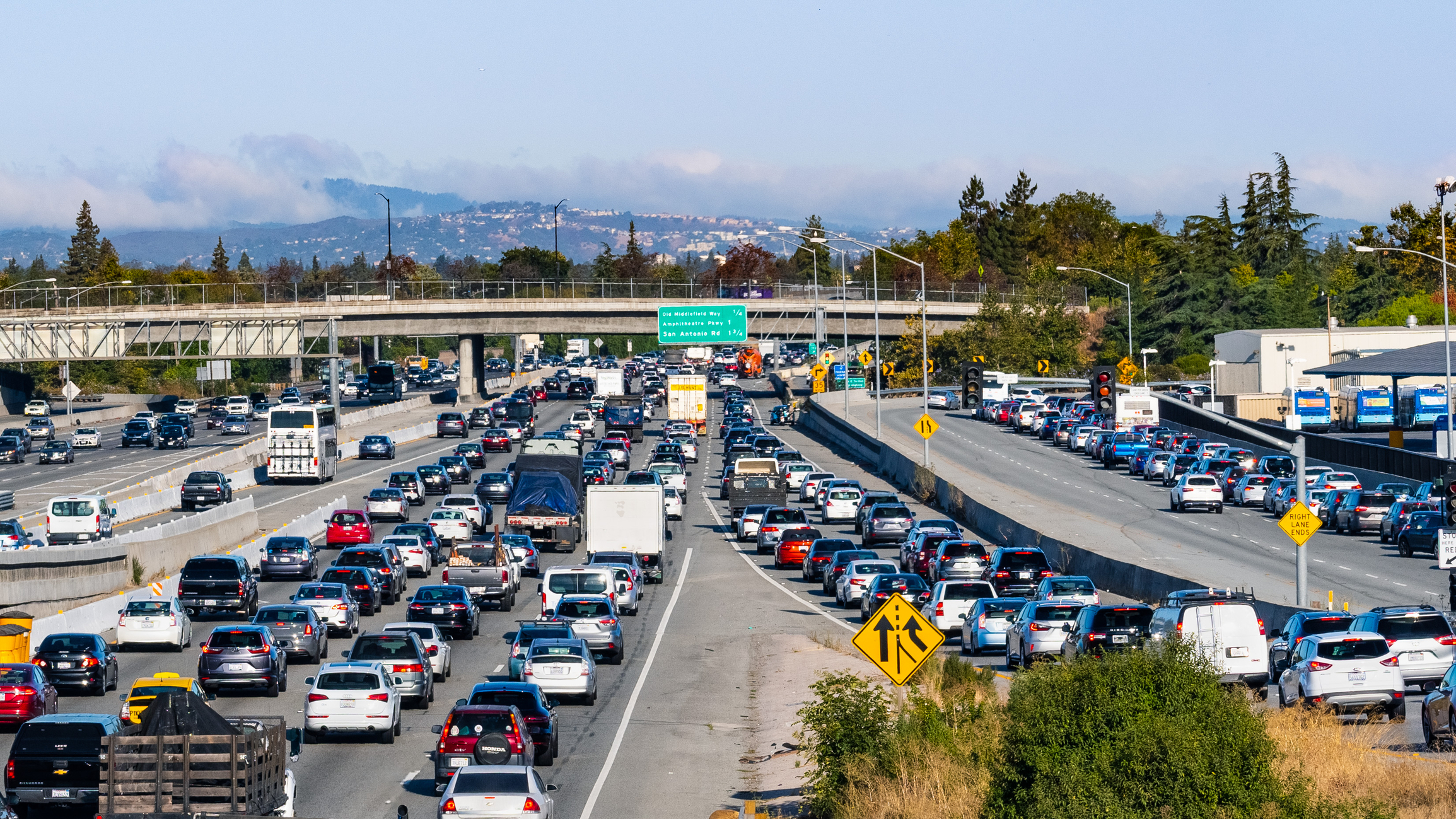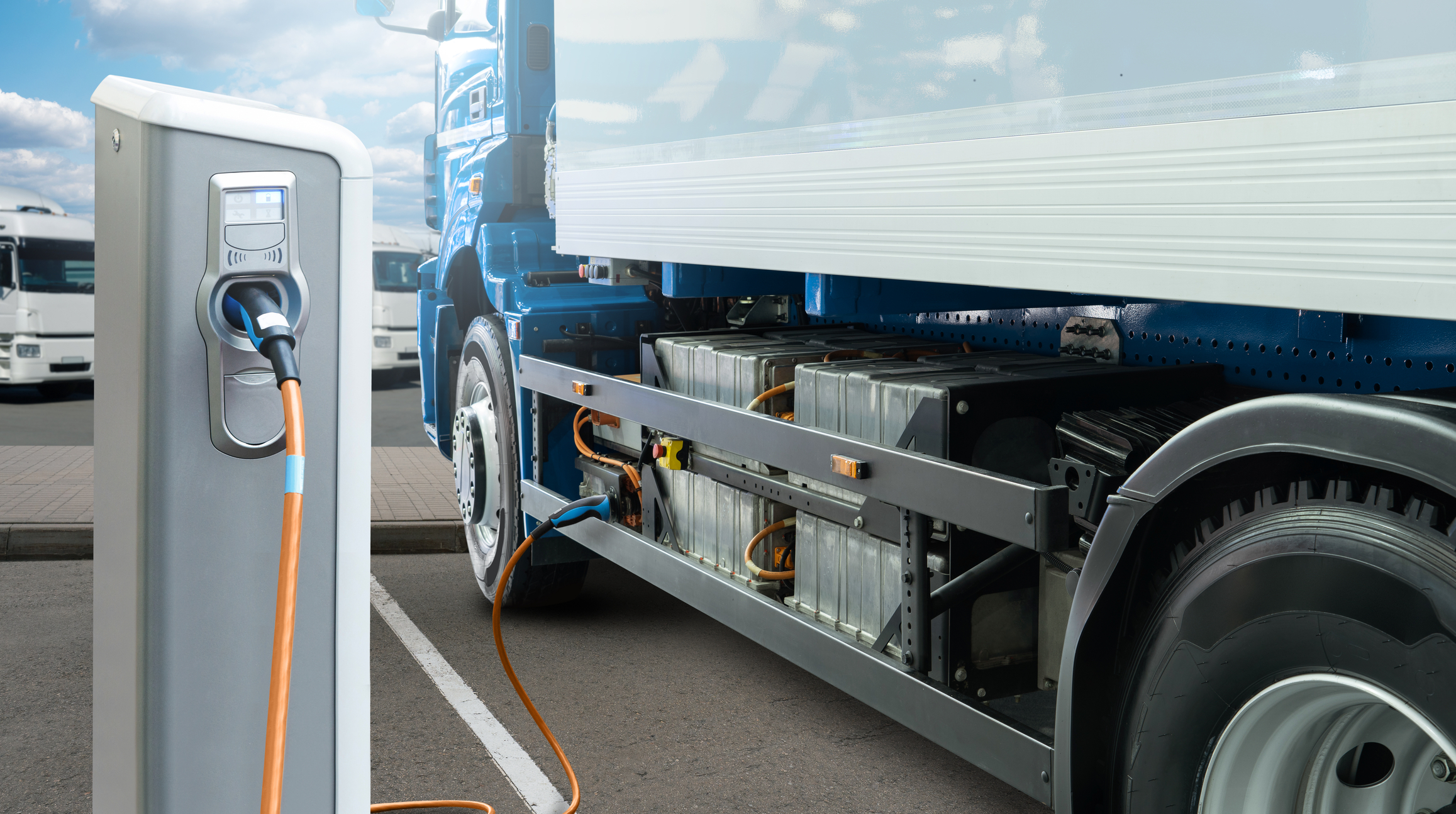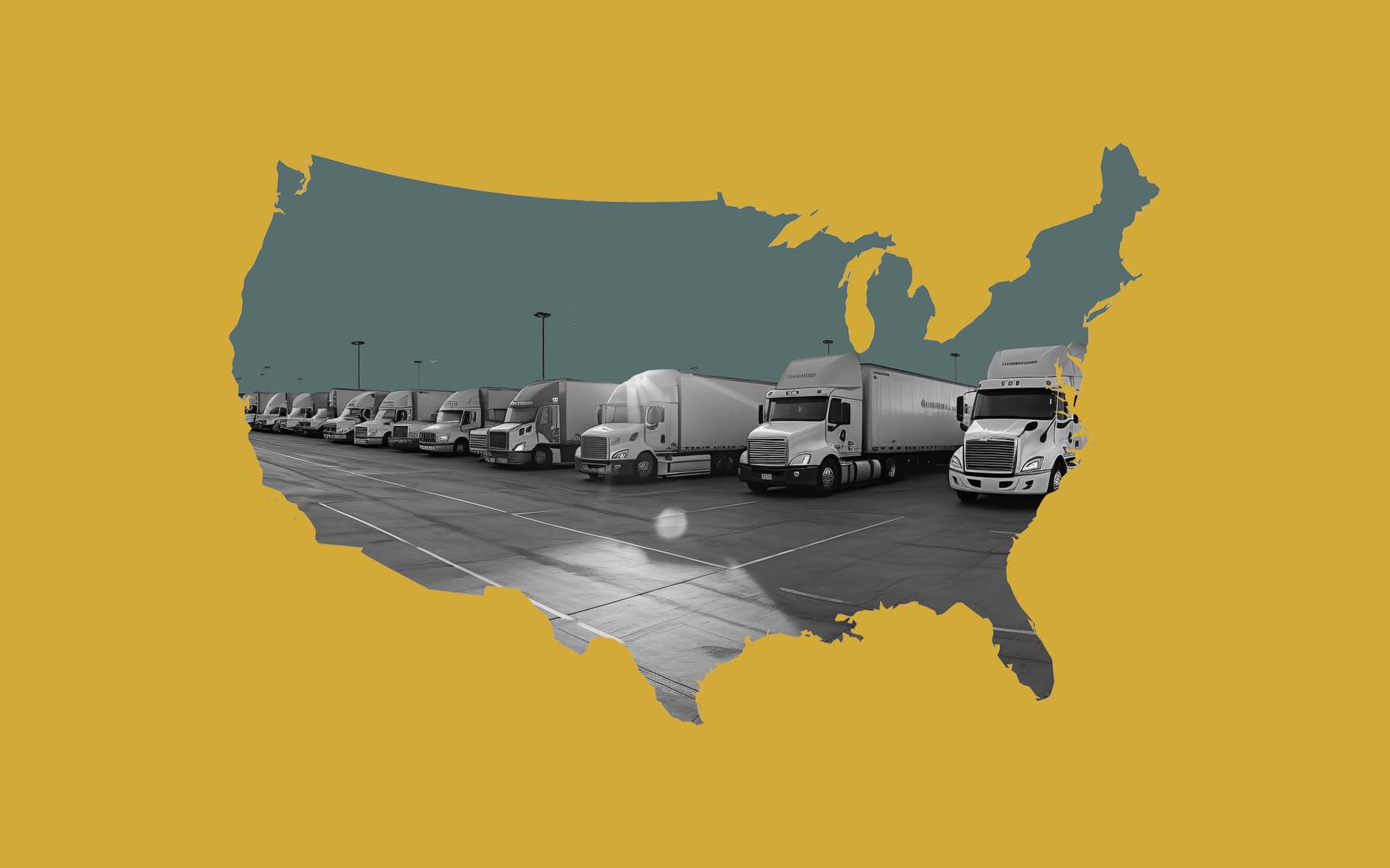The concerns about the future of the trucking industry have been heightened following last week’s proposal by the Environmental Protection Agency to weaken pollution standards, which will hold US trucking back as China and other countries ramp up truck electrification.
The agreement, which major manufacturers signed with the California Air Resources Board (CARB), aims to secure the future of the trucking industry by increasing the number of clean, high-tech trucks and helping businesses avoid high diesel prices. The letter by groups was prompted after Daimler Truck North America and the Truck and Engine Manufacturers Association (EMA) wrote to CARB questioning the deal, despite its stipulations that manufacturers must continue complying with California’s truck emissions standards, even if the state lost federal authority to enforce them.
At a time when the EPA is proposing to do away with pollution emissions rules, jeopardizing $2.4 billion per year fueling and maintenance savings, this move by the manufacturers against the partnership deal further threatens regulatory certainty and cost savings for the trucking industry and attacks thousands of businesses which have adopted over 52,000 electric trucks deployed across the US. Daimler, Volvo Group and the EMA have lobbied to roll back these EPA rules and other clean truck regulations.
The EMA represents all Clean Truck Partnership signatories, except Ford, which left the EMA due to concerns over the association’s lobbying against the EPA’s climate rule for heavy duty trucks. Signatories Volvo, Cummins and Isuzu have failed to fully stand by the agreement, saying that they will keep the policies “as they are for now”, are “analyzing the potential impacts”, and they will “determine the agreement’s current scope and relevance”. The Clean Freight Coalition (including the Transport Project, of which Volvo Group and Cummins are members) has incorrectly claimed that the CTP is “nullified” and the Western States Trucking Association (WSTA) filed a legal petition asking the California’s Office of Administrative Law to find the Agreement invalid.
Daimler and Volvo dominate the North America truck market, with a combined share of over 50% of the market (38% and 15% respectively). Both companies have publicly pledged to make 50% of truck sales fully electric by 2030. Yet in 2024 less than 2% of their trucks sold worldwide were electric–just 1.7% for Volvo and 0.6% for Daimler. Volvo has come under fire in Sweden for obstructing efforts to implement clean truck regulations in the US while Daimler has said it is doubling down on diesel.
While US trucking faces uncertainty on competitiveness and innovation, China is ramping up the adoption of electric trucks while new industry figures from Europe show a 48% increase in electric truck registrations.
As well as Daimler and Volvo, other truck manufacturers which have received the letter include Cummins, Ford, General Motors, Hino, Isuzu, Navistar, PACCAR and Stellantis.
“Every day, nurses witness the toll air pollution takes on our patients. From children struggling with asthma to seniors suffering from chronic respiratory and heart conditions. Diesel emissions are a major driver of the public health crisis. When truck manufacturers back away from clean air commitments, it’s our health systems and frontline workers who bear the costs.” said Alliance of Nurses for Healthy Environments
“With power comes responsibility; diesel trucks represent only 3% of vehicles on the road–but they cause a staggering 86% of NOx and 30% of GHG emissions. Diesel pollution poisons communities – disproportionately burdening Latinos and other vulnerable communities – with toxins which cause cancer, respiratory illness and heart problems, and, ultimately, death. The CTP must fulfill its responsibility to advance clean truck technology that will propel US leadership in zero-emissions freight and protect our communities from further truck pollution harms,” said Andrea Marpillero-Colomina, PhD., Policy Advisor at GreenLatinos
“It is disturbing to watch truckmakers flirt with abandoning their commitment to go electric. Their diesel trucks will cost hundreds of thousands of lives and trillions of dollars in health-related damage. Without a clear and public recommitment to the Clean Trucks Partnership, manufacturers will continue to pollute our air and poison our communities while undermining the hundreds of businesses investing in electric trucks,” said Adam Zuckerman, senior clean vehicles campaigner with Public Citizen’s Climate Program
“Truck manufacturers claim to support the transition to zero-emission freight, but their actions tell a different story,” said Evergreen Senior Transportation Policy Lead Liya Rechtman. “Inflated prices and limited availability of cleaner trucks point to a troubling gap between their promises and reality. The Clean Truck Partnership is about more than electrification—it’s about protecting communities hit hardest by toxic diesel pollution. If manufacturers are serious about being part of the solution, they need to stop undermining policies and start delivering clean trucks at fair, accessible prices. Anything less risks U.S. global competitiveness and climate leadership, limits innovation, and leaves frontline communities to keep bearing the consequences.”
“We are dismayed by truck manufacturers’ bad faith in abandoning their commitment to California to move expeditiously toward clean electric trucks. Clean trucks are our best hope of cutting the dirty diesel pollution that sickens our people and shortens lives. It is unconscionable for truck makers to ignore the harm their product is causing and consign tens of thousands of our most vulnerable neighbors, especially those who live and work near major highways, to cancer, respiratory and cardiac illness, and death,” said Susan Stephenson, California Interfaith Power & Light Executive Director
“At a time when the federal government is wavering on clean air protections and attacking state-level clean truck rules, we had hoped that Daimler would lean into the Clean Trucks Partnership, not pull back. The CTP was created to provide market predictability and stability amid political uncertainty, and Daimler’s retreat undermines that purpose. It puts at risk the frontline communities fighting for cleaner air and the momentum of a U.S. freight sector striving to deliver it. We call on Daimler and all CTP signatories to reaffirm their commitments, remember why they joined this partnership in the first place, and stand on the side of progress and public health.” said Mary Peveto, Co-Director, Neighbors for Clean Air
“In the face of federal attacks on heavy-duty vehicles, the Clean Trucks Partnership is a crucial agreement that will keep the U.S. trucking industry innovative and help states meet their climate and air quality goals. It is unacceptable for truck makers to undermine their obligations as part of the Clean Trucks Partnership – this is a moment to double down on efforts to accelerate electric truck adoption,” said Katherine García, Director of Sierra Club’s Clean Transportation for All Campaign
“Truck makers can’t claim to be innovators while clinging to legacy fuels like diesel. Backing out of the Clean Truck Partnership is a betrayal of public health, small businesses, and the future of American trucking. We need bold action—not backpedaling,” said Guillermo Ortiz, Senior Clean Vehicles Advocate, NRDC.



